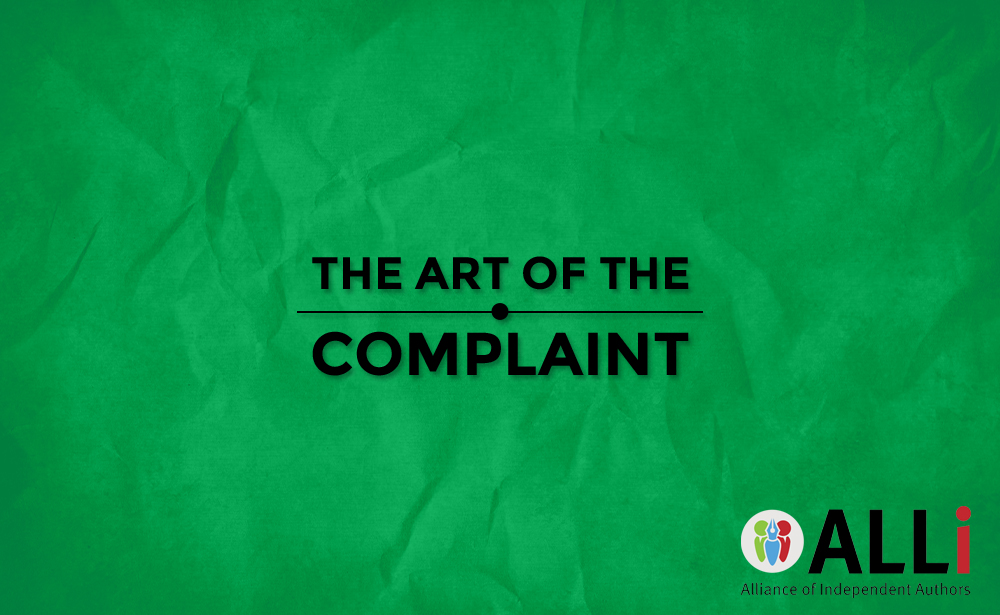Online complaints should be a last resort, but in today's internet society, they tend to be the consumer's first and only response to a dispute. But are they effective?
People post negative reviews and complaints for a variety of reasons:
1. To vent frustration.
2. To get revenge.
3. To prompt a response from an uncooperative company.
4. To warn others of a bad experience.
If your motivation is negative — posting out of anger or a desire to may a company suffer for inconveniencing you — reconsider. These rarely lead to productive outcomes, and reflect poorly on the complainant.
But if your goal is to improve the situation, either for yourself or others, a few simple tips can turn an angry rant into a useful tool for consumer empowerment.
Cool down.
This cannot be overstated. Disputes are stressful situations, and the anger and frustration they generate can cloud your judgement.
Step away from the situation for as long as necessary to regain your composure. You cannot craft an effective complaint while you're a seething volcano of rage. Blow off some steam before you sit down at the keyboard.
Exhaust all other options before taking your complaint public.
Even the best companies will encounter problems from time to time. What distinguishes a good company from a bad actor is the way they handle these issues. Do they take steps to set things right, and to ensure that the problem doesn't happen again?
Give the company a chance to prove the quality of their customer service. Approach them constructively to see if they are willing and able to address the problem. Negotiate.
Only when you've exhausted all options for working directly with the company should you escalate to a public complaint.
Be factual.
Document your interactions with the company, and use those details to illustrate the problem. This information adds credibility to your complaint and provides helpful background to company representatives tasked with investigating the problem.
Keep your perspective.
In line with the credible persona you're trying to project, be sure that your complaints are measured and free of hyperbole. When a restaurant serves you the wrong salad dressing with your meal, it's hard to take that complaint seriously when it's described as “the worst experience of my life!”
Explain what you want.
The ultimate purpose of a complaint is to create positive change. Spell out exactly what the company could do to make amends for the unsatisfactory experience. They may surprise you by honoring your request.
Stay civil.
Complaints from individuals who spew all-caps profanity and abuse are often dismissed as unhinged ranting. If you want to be seen as a rational, reasonable person with a rational, reasonable complaint, your communications must reflect that.
Never mock company representatives or call them names. Remember that these are the same people who can grant you a refund, credit, or compensation for a service that's gone astray, so it pays to keep your communications civil.
Remember that no one has ever looked bad by remaining polite in a stressful situation — but countless people have humiliated themselves by doing the reverse.
Over to you
Not every dispute can end in a mutually satisfactory solution, but with a cool head and the right attitude, most can. What's your approach to conflict resolution? Let us know in the comments below!
The Art of the Complaint: an #indieauthor guide to getting results — @johndopp Share on X




Great advice! Thank you for offering it!
This is excellent advice that could applied to many areas of public discourse! I especially like the prohibition on hyperbole, which many people seem to think is just the way discussions work these days. But in truth, all it does is undermine your credibility and thus defeat your cause. Great article!
Well, this is all very civil and adult and everything, but personally I prefer milking my volcano of rage for comic effect as a form of creative sublimation.
Writing a shaggy dog story about the experience as blog fodder (without siccing a posse on the offender) is the best treatment for calming my offended sensibilities, especially since yelling at idiots (policy makers, help desks) — the root cause of so many problems — is so unsatisfying: by definition, they’re too dumb to understand why you’re outraged. 🙂